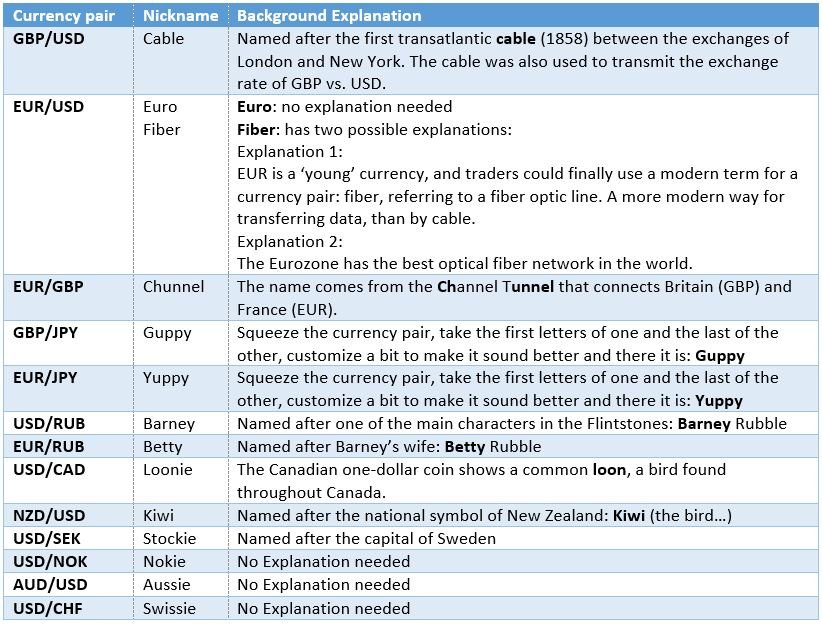30-9-2019 | Marco Lassche |
Cash management in different currencies:
The FX swap, a way to optimize your interest result
Years ago, when I made my first baby steps in the world of Treasury at Bank Mendes Gans, my old teachers Jan Loohuis and Aart-Jan Lensvelt, taught me some good lessons. One of them, that I always used in the companies that I have worked for, is this one.
What if you have temporary an overall negative position in one currency (e.g. -/- EUR 10 mio) and an overall positive position in another currency (e.g. +/+ USD 11 mio)?
Basically you have two easy ways to manage this liquidity position and optimize your interest result. Both ways lead to Rome:
- Keep the balances in your bank account
- You swap the balances in different currencies temporary by means of a FX-swap
Option 1: Keep the balances in your bank account
This option does not need much clarification.
- For your debit balance you pay interest (basic interest +/+ margin)
- For your credit balance you receive credit interest (basic interest -/- margin
Option 2: The FX swap
In a FX swap you do a trade in your FX trade portal, in which you exchange the bank balances at a spot date (at the spot rate) and you reverse it at a future date (at the forward-rate). You do the trade at the same time, so no FX risk is involved.
Forward FX-rates are being calculated directly from the spot FX-rate and are adjusted for the difference in interest rates between the two currencies.

Option 1 or option 2?
When the interest rate difference between the two currencies is more attractive in option 1, you keep your bank balances. When the interest rate difference between two currencies is more attractive in option 2, you swap.
Example
I would like to clarify it by an example in which we have a EUR balance of -/- EUR 10 mio and a
USD balance of +/+ USD 11 mio. We will swap the currencies for 1 month (30 days).

Interest results after 30 days
Option 1) Interest result by keeping balances in your bank account

Total interest proceeds in USD: EUR 2,708 * 1.1000 = USD 2,979 + USD 18,563 = USD 21,542.
Interest rate difference between USD and EUR: 2,35% (2.025% -/- 0.325%).
Option 2) Interest result by swapping balances

At the start date we buy EUR 10 mio, and sell USD 11 mio at the spot rate 1.1000.
At the end date, after 30 days, we reverse the trade as we agreed with the bank:
We sell EUR 10 mio, and buy USD 11,025,770 at the agreed forward rate 1.102577
Our total interest rate difference proceeds is USD 11,025,770 – USD 11,000,000 = USD 25,770.
Conclusion:
In this example the FX swap is USD4,200 more attractive than keeping the account balances like it is. Of course, this is not always the case, but a FX swap can be a good alternative in many cases.
* How to calculate the interest rate difference between two currencies in a FX swap
As previously said, the difference in spot and forward rates, can be explained by the interest rate difference between two currencies, We calculate the interest rate differences as follows:
Forward Rate on annual basis / Spot Rate
As interest percentages are always based on 1 year we multiply the 30 days forward points by 12 to get to 1 year forward points (EUR and USD, calculate 360 days in a year, GBP e.g. 365 days).
The forward points for 30 days: 25.77, which means for one year 12 * 25.77 = 309.24
Forward rate on annual basis: 1.130924
Spot rate: 1.1000
1.130924/1.1000 = + 2,81%
Please feel free to contact me if you need any further information.

Marco Lassche
Founder and Owner of at Bedrijfskostenexpert
Treasurer and Project Manager at Van Caem Klerks Group
treasuryXL Ambassador









